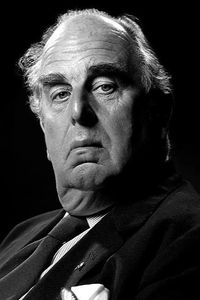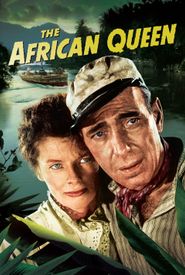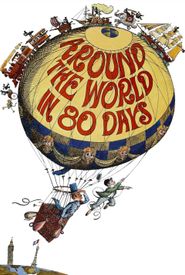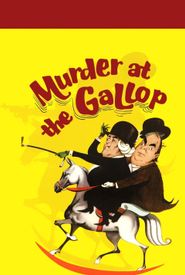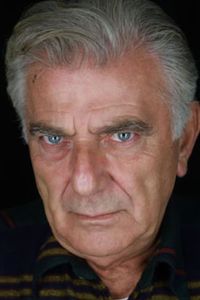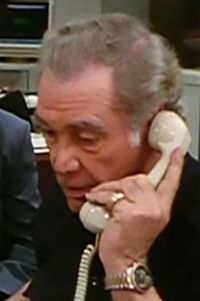Robert Morley, a renowned English actor and raconteur, was born with a distinctive bushy brow, triple chin, and a plummy voice. He was the son of a career army officer, and his parents expected him to follow in his father's footsteps, joining the diplomatic corps. However, Morley's passion for acting led him to enroll at RADA, where he honed his craft and made his theatrical debut in a 1929 production of "Treasure Island" at London's Strand Theatre.
Morley's early career was marked by a series of regional theatre tours, writing or co-writing plays, and selling vacuum cleaners when money was scarce. He also managed his own repertory company in Perranporth, Cornwall, alongside fellow actor Peter Bull. His breakthrough performance as Oscar Wilde on the London stage led to a Broadway production in 1938, earning him an Oscar nomination for his screen debut in MGM's "Marie Antoinette" (1938).
Morley's versatility as an actor was showcased in a range of roles, including the effete Louis XVI in "Marie Antoinette", Andrew Undershaft in "Major Barbara" (1941),and Elmer Almayer in "Outcast of the Islands" (1951). He also starred in "The Man Who Came to Dinner" and co-authored "Edward, My Son". Morley's defining performance in "Edward, My Son" was praised by critic Brooks Atkinson, who noted his "studied authority".
Throughout his career, Morley acted in a variety of British films, often playing eccentric, pompous, or overbearing characters. Some of his most notable roles include Elmer Almayer in "Outcast of the Islands", Peterson in "Beat the Devil" (1953),George III in "Beau Brummell" (1954),and Oscar Wilde (1960). He also appeared in TV movies and miniseries, and was a popular guest on chat shows, where his wit was much appreciated.
Morley was awarded a CBE in 1957 and continued to act until his death at the age of 84 in Reading, Berkshire, following a stroke. He was a beloved figure in the entertainment industry, known for his larger-than-life personality, wit, and dedication to his craft.
